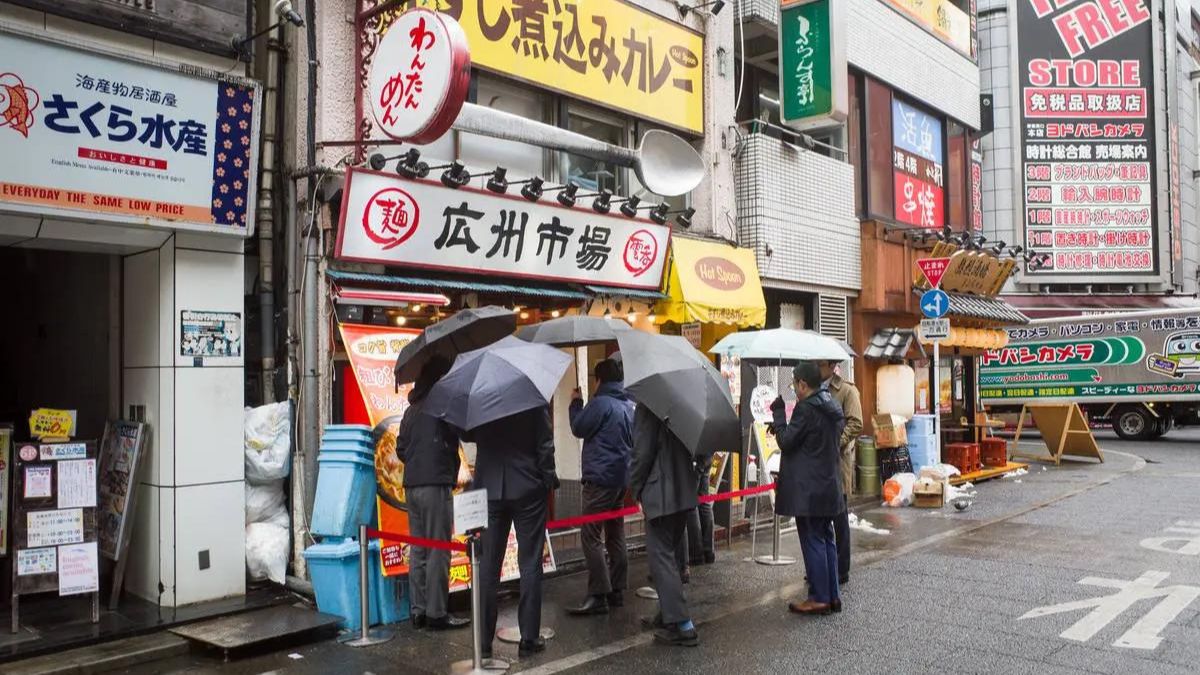Japan’s government advisory panel has recommended a record-high increase of ¥50 in the national average hourly minimum wage for the upcoming fiscal year.
The proposal, announced Wednesday, aims to raise the current average of ¥1,004 to ¥1,054, marking a notable 5% increment amid growing concerns over rising living costs and economic dynamics. This increase surpasses last year’s rise of ¥43 and sets a new benchmark for the fourth consecutive year.
The Central Minimum Wages Council, comprised of representatives from labor, employers, and public interest officials, deliberates annually to determine the proposed hike based on factors such as inflation, prevailing wage levels, and economic indicators. Each of Japan’s 47 prefectures subsequently adjusts its minimum wage accordingly.
Traditionally, the council divides prefectures into three groups based on economic conditions, proposing varying increases. However, this year’s unanimous recommendation of a ¥50 hike across all regions underscores the urgency and consensus on addressing wage disparities amidst economic uncertainties.
If approved, several prefectures, including Hokkaido and Osaka, would see their minimum wages exceed ¥1,000, with Osaka potentially joining Tokyo and Kanagawa as prefectures where the minimum wage exceeds ¥1,100.
During deliberations, labor representatives advocated for a substantial raise, citing inflationary pressures, while employers suggested a more moderate increase of around ¥20. The final decision, after extensive discussions, reflects a balanced approach aimed at ensuring fair compensation while supporting economic stability.
The minimum wage, legally binding for all employers, aims to provide workers with a baseline income conducive to a stable lifestyle. Violations can result in fines up to ¥500,000 under the Minimum Wage Law, with the new rates typically taking effect from October pending official approval.
The government’s broader economic strategy, outlined in the Basic Policy on Economic and Fiscal Management and Reform, underscores a commitment to further increase the national average minimum wage to ¥1,500 by the mid-2030s. This ambitious target signals ongoing efforts to enhance income parity and economic resilience.

